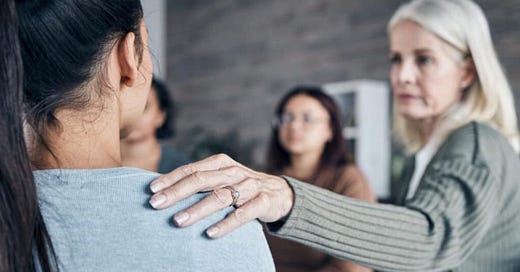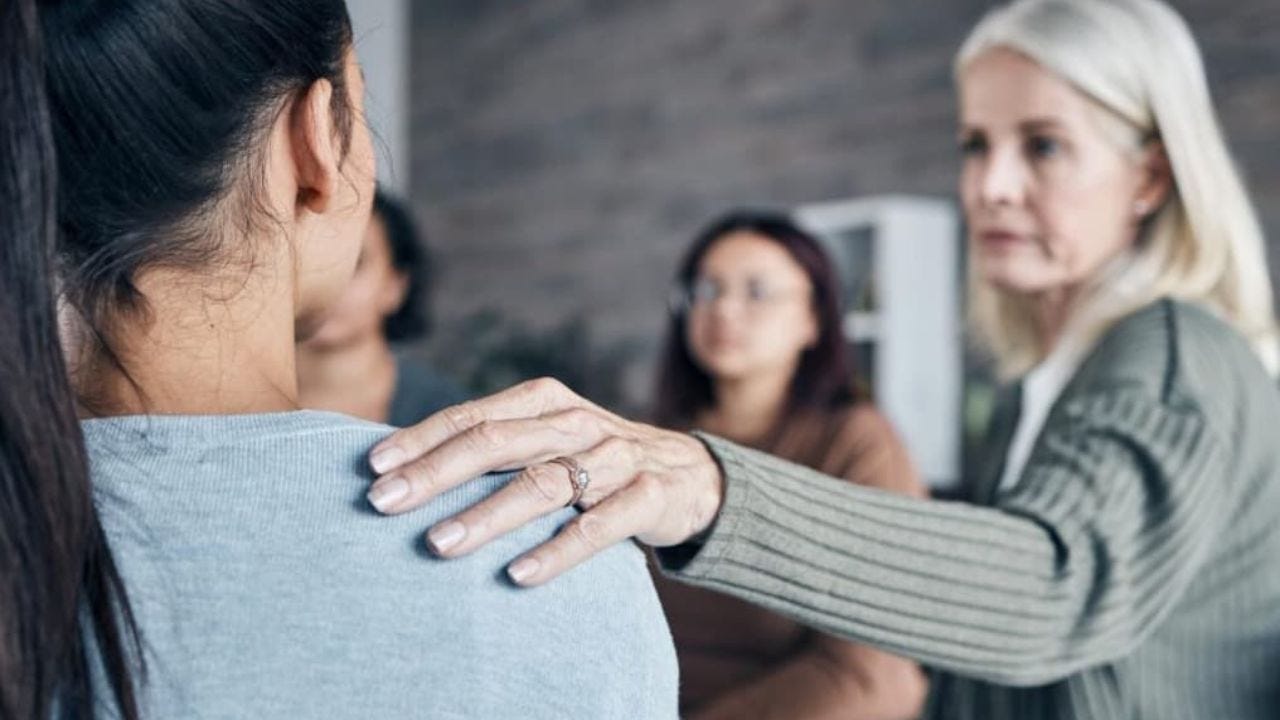“Trauma results in this belief that we are different, that we’re not enough, that there’s something about us that pushes people away or that we’re too much for other people.
“And so if they were to truly know us – all parts of us – then they would leave us, then they would kick us out, then they would reject us, abandon us.”
Dr. Aimie Apigian adds, "And those feelings of being abandoned and being different are so painful that our system responds in a self-protective way…”
Dr. Aimie Apigian, MD, MS, MPH, is an author, speaker and founder of Trauma Healing Accelerated.
In this podcast excerpt from a video, she talks about “the effects of trauma on the fear of being seen for who we truly are, the fear of truly being known.”
Resources for trauma recovery by Aimie Apigian, MD:
▶️ The 21 Day Journey for addressing stored trauma in the body and making your body feel safe.
📖 The Essential Sequence free guide - How to Release Stored Trauma
📖 Attachment Guide free ebook - Transform Your Trauma Response To Secure Attachment.
~~~~
Dr Apigian notes:
“The way we can identify trauma is through patterns of our life. Patterns for numbing. Patterns for managing emotions. Patterns for being able to handle difficult conversations.
“Do we emotionally check out? Mentally check out? What are our patterns around food and eating? Is there emotional eating going on? That is a part of the freeze response. Numbing different emotions is part of the freeze response.
“There are all these different ways in which we can see trauma, even though we might not have recognized it as trauma. We recognize it as, “Oh, this is this is my personality,” or, “This is my attachment style.”
“Always pushing people away to protect our heart, or doing the opposite and latching on to people and never letting them go, for example.”
From her free ebook Steps to Identify and Heal Trauma – A Roadmap for Healing.
~~~~
This audio is from her longer video "How To Be Your Authentic Self & Recover From Attachment Trauma"
øøø















Share this post